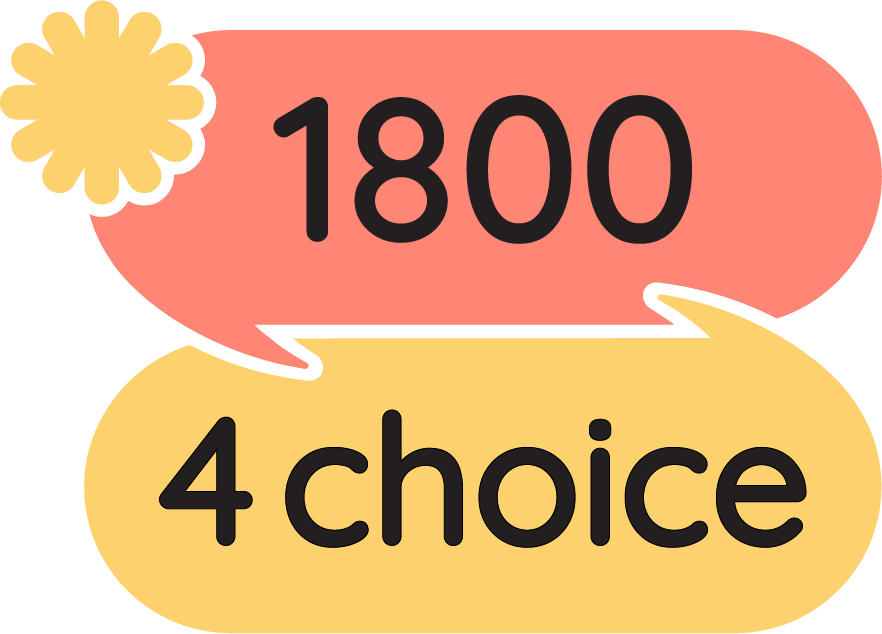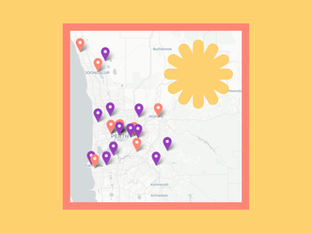
Reproductive Coercion – What is it?
Reproductive coercion and abuse is an often-overlooked form of intimate partner violence and gender-based abuse that can have profound physical, emotional and financial impacts on individuals. It involves the manipulation or control of another person’s reproductive health or choices, undermining their ability to freely decide if or when to have children. The manifestation of power and control can take various forms, each with significant consequences.
Types of Reproductive Coercion
Contraception Sabotage
A common form of reproductive coercion involves interfering or tampering with contraception. Examples include poking holes in condoms, hiding or disposing of birth control pills, and pressuring a partner to remove contraceptive devices like IUDs. These actions are intended to force pregnancy against a person’s will, undermining their autonomy and reinforcing dependency.
Pregnancy Pressure/Coercion
Pregnancy pressure or coercion means being pressured or forced to become pregnant or continue a pregnancy against one’s will. Perpetrators may use guilt, manipulation or shame to influence their partner's decisions, such as pressuring them to become pregnant or prevent them from accessing an abortion. For many victim-survivors, the fear of violence or threats can overshadow their own desires or safety, compelling them to comply with the abuser’s demands.
Forced abortion/Sterilisation
Reproductive coercion can also involve decisions to not have children. This may include forcing someone to terminate a pregnancy against their will or pressuring them into procedures like sterilisation to prevent future pregnancies. These actions deny individuals their right to make informed choices about their bodies and reproductive health.
Who are the perpetrators?
Reproductive coercion most commonly occurs in intimate partner relationships, but it can also happen in other types of relationships, including:
Current partners: Boyfriends, girlfriends, husbands or wives
Previous partners: Ex-boyfriends, ex-girlfriends, ex-husbands or ex-wives
Carers or paid support workers
Parents, guardians or other family members
Adult children
Healthcare workers
Others frequently involved in a person’s life
Reproductive coercion and abuse can affect people of all genders, including trans and non-binary individuals.
Impacts of Reproductive Coercion and Abuse
Reproductive coercion is often intertwined with emotional and physical abuse. Individuals experiencing reproductive coercion may also face isolation, financial control, verbal abuse and physical harm. These combined tactics reinforce power imbalances and deepen the victim-survivor’s sense of entrapment.
The health impacts of reproductive coercion are significant and can include unintended pregnancies, a higher risk of sexually transmitted infections (STIs) and complications from forced or coerced abortions. Victim-survivors often experience severe emotional distress, including anxiety, depression, and trauma stemming from the violation of their bodily autonomy.
Where can I go for Help?
Everyone has a right to make their own sexual and reproductive health choices. If you believe that someone is trying to control your reproductive choices, know that help is available. The following services can support you if you are experiencing any form or reproductive coercion and abuse.
Western Australia
LUMA (Formerly Women’s Health & Family Services) | Website
South Coastal Healthcare Service 08 9550 0900 | Website
Sexual Assault Resource Centre 1800 199 888 | Website
Crisis Care 1800 199 008 | Website
Kids Helpline 1800 55 1800 | Website
No to Violence 1300 766 491 | Website
1800 Respect 1800 737 732 or text 0458 737 732 | Website
FullStop Australia 1800 FULLSTOP (1800 385 578) | Website
Lifeline 13 11 14 | Website
Aboriginal and Torres Strait Islander
13YARN 13 92 76 | Website
Djinda Service 08 6164 0650 | Website
Yorgum Healing Services 1800 469 371 | Website
Wungening Aboriginal Corporation 08 9221 1411 | Website
Culturally and Linguistically Diverse
Translating and Interpreting Service (TIS National) 131 450 | Website
LGBTIQA+
Safer Options | Website
Say it Out Loud | Website
QLife 1800 184 527 | Website
Rainbow Sexual, Domestic & Family Violence Service Help Line 1800 385 578 | Website
Men experiencing or using IPV/RCA
Women
Women’s Domestic Violence Helpline 1800 007 339 | Website
Training and Resources for Professionals
Sexual Health Quarters - Intimate Partner Violence and Reproductive Coercion and Abuse Screening and Education




